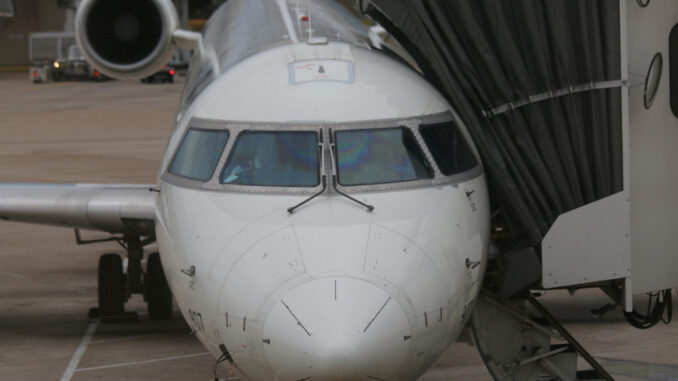
Lost luggage is a real problem for travelers.
Despite the level of technology required to scan passengers, deliver in-flight entertainment and monitor the skies above the nation, not to mention flying the plane itself, perhaps the modern marvel of travel today is that anyone could even lose a bag.
In 2017, the largest U.S. air carriers enplaned 652.2 million passengers on domestic flights, up from 631 million in 2016, according to the Bureau of Transportation Statistics. During the year, there were 1.6 million mishandled baggage reports, down from 1.7 million in 2016.
So, when the folks at LugLess.com reached out, we thought they might have an interesting take on the state of baggage. Here is what Aaron Kirley, president of LugLess, had to say.
What should you do if you arrive somewhere and your luggage doesn’t?
If you’ve checked your bags with an airline and they don’t show up at baggage claim you need to contact the airline within 24 hours and file a claim. It is very important for a traveler to act fast so that the airline is obligated to either find the bag or refund the baggage fees and also compensate for items you may need to purchase for your trip.
What are some technological advances that have made it easier for airlines to track bags?
Most airlines now us RFID tracking tags. It will be mandatory by 2020 for every airline globally to utilize RFID tracking tags for every checked bag that goes on an airplane.
With all the technology today, how do airlines still lose passengers’ bags?
Despite all the new technology, it is true that airlines still mishandle about 21 million bags a year. In the US alone, 700 million travelers get on a flight each year. If you are flying on one airline and then have to go on another flight for a connection the likelihood of your bag being mishandled goes up 50 percent. The reason is that there is not enough time between flights in most airports to quickly get your luggage on the next connecting flight.
How have baggage fees changed how people travel?
We would say that ancillary fees have changed air travel. Fees for blankets, headphones, priority boarding, exit row seating, water, and snacks have conditioned travelers to pay for basically everything. Same goes for airline baggage fees. We have been conditioned to expect to pay for everything else in order for the flight costs to be so low. As for baggage fees, it is forcing travelers to pack lighter and take less stuff since they pay more for each additional checked bag. In some cases, it can be as high as $200 to check a third bag with an airline.
What are a few tips to help passengers keep the airline from losing their bags?
- Make sure to have a smart technology luggage tracking tag for your bag. There are many companies out there but ReboundTAG is a good one we like for $24.99. They offer a Microchip Luggage Tag helps protect your luggage from becoming permanently lost. Made to work in every airport, the scannable luggage tag uses a variety of technologies to alert you via SMS and email when your bag has been located.
- Don’t purchase an airline ticket that has multiple connections. The likelihood of your luggage being mishandled increases dramatically. While the flight might cost more for a direct flight, the odds your bag is mishandled decreases significantly.
- Ship it ahead of time with companies like LugLess.com. With LugLess, it costs as little as $15 to ship your bag ahead of time to your end destination.
What do you think the trend will be for travelers moving forward when it comes to checked bags given fees and the number of lost bags?
We believe by 2030 there will not be any bags in an airport or on a flight. Bags will all be shipped ahead of time by either the airline or companies like LugLess.com. The No. 1 reason flights are delayed and late are due to carry on and checked baggage. Airlines get fined if a flight is late departing, and in most cases, the main reason is due to bags being loaded onto the flight prior to take off.





